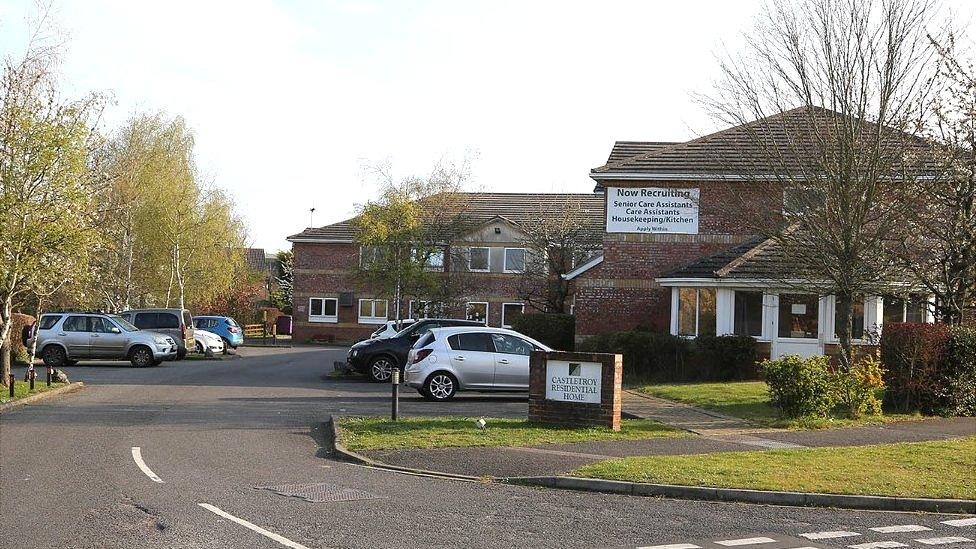Coronavirus: 'Disproportionate impact on BAME groups'
- Published
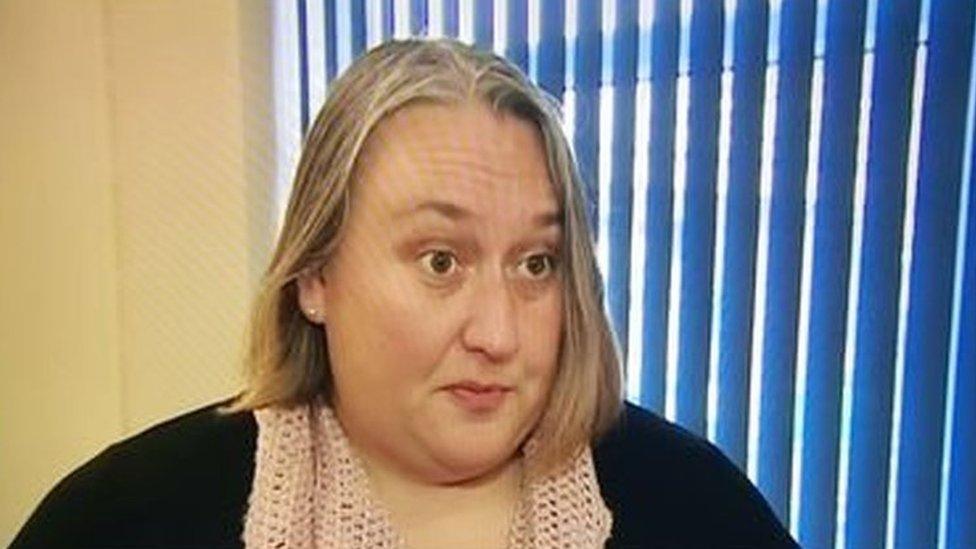
Linda Smith said it was "particularly apparent amongst NHS staff" that BAME communities were disproportionately affected
A council boss has urged the government to reveal how it is monitoring the rate of BAME coronavirus infections after two Filipino hospital porters died.
Oxford City Council deputy leader Linda Smith wrote to Health Secretary Matt Hancock about the "disproportionate" impact on BAME communities.
Oscar King Jr and Elbert Rico were two "popular and hard-working men", Oxford's John Radcliffe Hospital said.
Ms Smith said she was also concerned about protective equipment supplies.
However she said the "disproportionate ratio" of BAME communities being affected by Covid-19 was "particularly apparent amongst NHS staff and care-givers who have lost their lives".
The Intensive Care National Audit and Research Centre (ICNARC) found last week that 34% of critically ill coronavirus patients in England, Wales and Northern Ireland were from black or minority ethnic backgrounds.
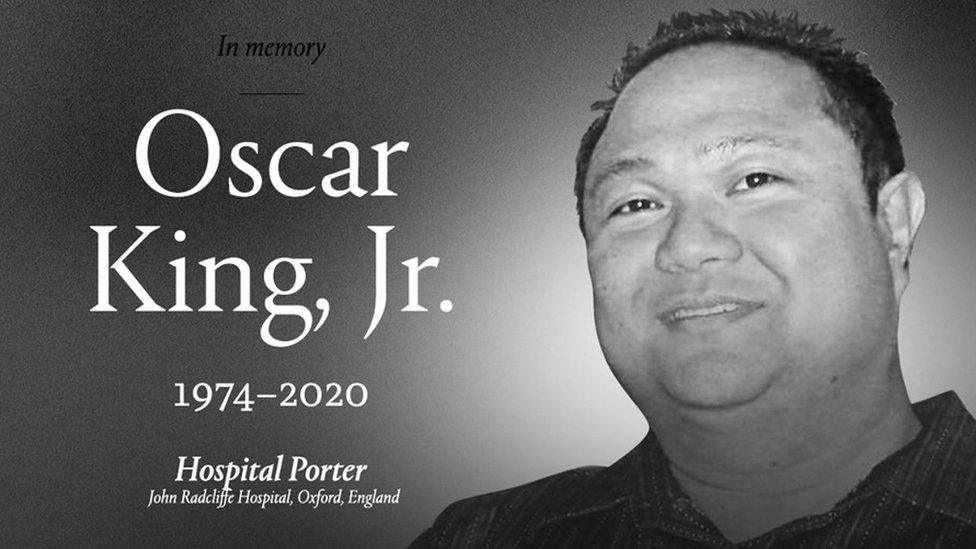
Oscar King Jr and Elbert Rico were "popular and hard-working men", the John Radcliffe Hospital said
According to the 2011 Census, just 14% of the UK population is from those backgrounds.
Ms Smith wrote: "We would like some reassurance about what urgent monitoring is being conducted into why this is happening [and] what is being done to ensure the protection of all citizens but particularly any who are especially vulnerable, for instance through their frontline work with patients infected with Covid-19."
Ms Smith also said residents had raised concerns that supplies of PPE "may not be sufficient" to "those working in social care, primary care, as well as non-clinical and outsourced staff in hospitals".

A SIMPLE GUIDE: How do I protect myself?
AVOIDING CONTACT: The rules on self-isolation and exercise
LOOK-UP TOOL: Check cases in your area
MAPS AND CHARTS: Visual guide to the outbreak
VIDEO: The 20-second hand wash

The BBC revealed it had seen leaked emails which showed some protective gowns and masks could be reused by health workers under "last resort" Public Health England plans to preserve stocks.
The British Medical Association said it "underlines the urgency" of protective equipment shortages but Public Health England said no decisions had been made.
- Published15 April 2020
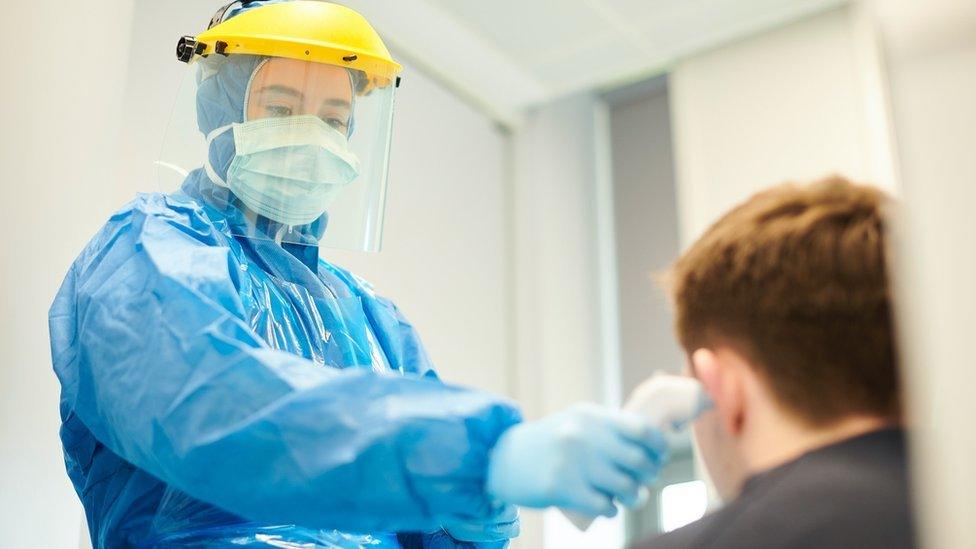
- Published12 April 2020
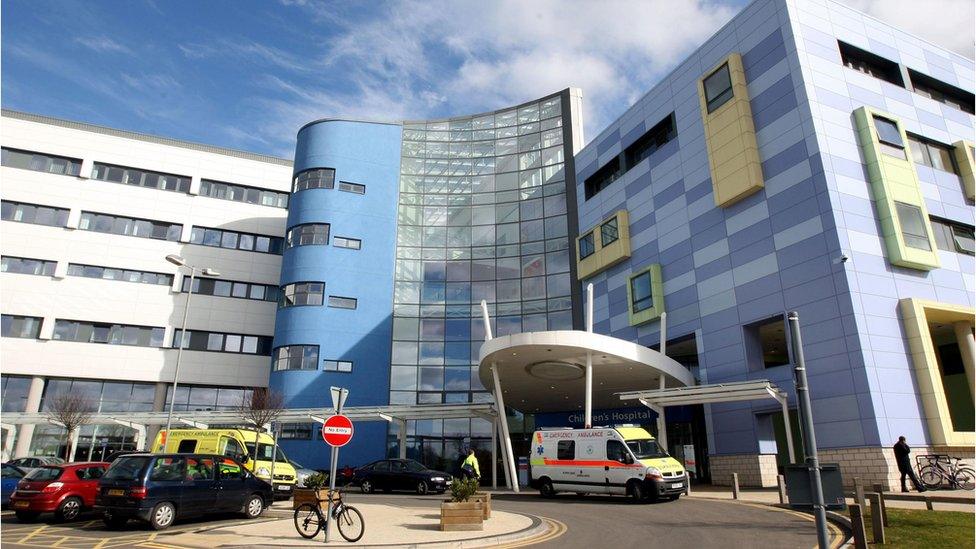
- Published15 April 2020
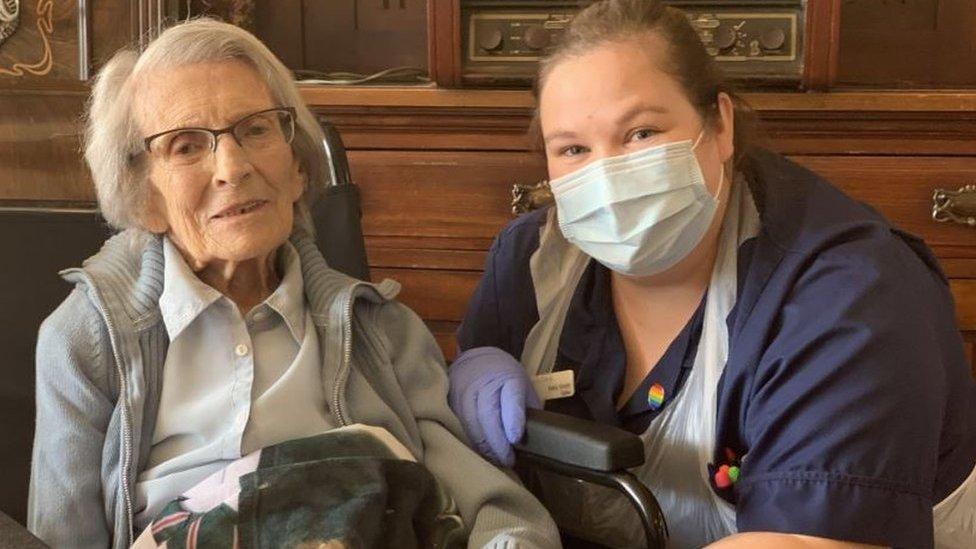
- Published15 April 2020
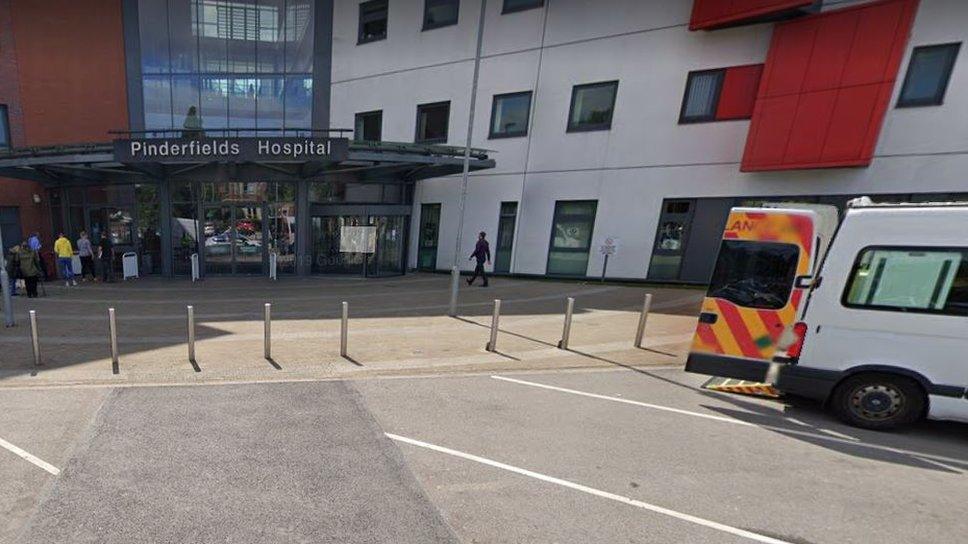
- Published15 April 2020
